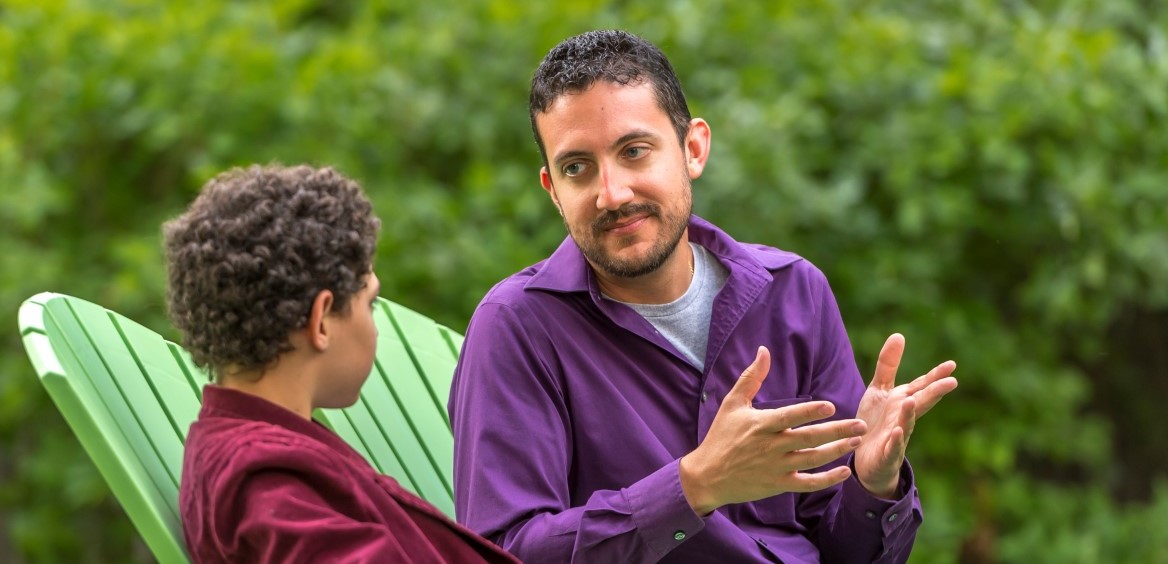Mass casualty events are a tough topic for parents to cover with their kids. Even if you don't have a personal connection to the tragedy you or your children can struggle with various feelings. It's important to talk about these events, but what's the best way to approach tough issues? Our partners at Children's Hospital Colorado can help...
After tragic events like terrorist attacks, school shootings and natural disasters, feelings of panic and fear rise, and extensive news media coverage can heighten those feelings – especially in children. While adults grapple in the aftermath of such heartbreaking current events, it's important to help calm kids' fears.
Marianne Wamboldt, MD, a physician at Children's Hospital Colorado, offered this advice: "Most parents have all the skills necessary to help their children deal with these events. Children are very aware of their parents' worries, especially during crises. Parents should admit their concerns to their children, but stress that they are coping with the concerns."
Tips for parents after tragedies
The behavioral health experts at Children's Colorado have outlined the following tips for parents to comfort and talk with children:
Increase parental availability
Parents should be accessible to their kids physically and emotionally. Kids are likely to be scared and anxious in the aftermath of this crisis, but nurturing and supportive parents provide a safe space for children to vent their emotions.
Decrease media availability
Kids don't understand the process behind a story they see on the news. Every time they see coverage of the crisis, they perceive it as happening again. Parents should be sensitive to this and limit the amount of crisis-related media their kids can access. Watching too much news coverage is stressful and traumatizing for adults as well, so parents limiting their watching news of the trauma can help them stay calmer for their child.
Display and promote stability
Kids will look to their parents for cues on how to react to a crisis. If parents are anxious, particularly about appearing in a public place, the children are likely to be nervous as well. Parents should project stability and calmness in relation to the event. Keeping your child's routine as normal as possible gives children a sense of stability and helps them feel safe.
Be open to kids' fears
After a crisis, kids are most likely to fear the possibility of fear returning. They are less afraid of the event happening again than they are of re-experiencing the anxiety of that day. Kids need to tell their story, so parents should give them plenty of time and space to do so. It is natural for younger children to play out their fears, and it’s okay to watch them play and/or interact with them in the play as a way of understanding their concerns.
Be prepared for questions
Many questions kids ask will be difficult, if not impossible, to answer. Parents should explain that acts of terrorism and violence are random events and discuss steps that our own community takes to ensure public safety. Remind kids that public officials like police and firefighters are there to protect them. Parents can also consider their own skills and how they want to advocate for public safety.

